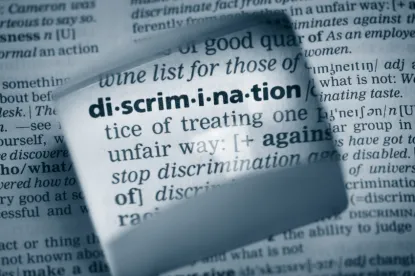On April 18, 2017, the Massachusetts Supreme Judicial Court issued its decision in Gannon v. City of Boston, a case involving the application of Massachusetts discrimination law to a disabled police officer, Sean Gannon. Officer Gannon was restricted to desk duty because the City of Boston determined that he could no longer safely patrol the City’s streets. A lower court had entered summary judgment for the City — ruling that the City acted upon its good faith belief about Officer Gannon’s condition — deciding against him before his case got to trial. The Supreme Judicial Court reversed and remanded the case for trial.
The Court drew a distinction between two types of disability discrimination cases. First are those in which the employer’s defense is that factors unrelated to disability motivated its actions – factors such as insubordination, poor job performance, or reduction in force. Second are those in which the employer agrees that its actions were motivated by the employee’s disability.
In the second type of case, the employer’s defense is that the employee was not a “qualified handicapped person” entitled to the protections of the anti-discrimination law. Under Massachusetts law, to be “qualified” and entitled to the law’s protections, the disabled employee must be cable of performing “the essential functions of the job” with or without “reasonable accommodation.” The Court ruled that an employer’s good faith belief about an employee’s medical limitations is no defense. Regardless of how well intentioned the employer is, if a reasonable jury could find that the employee was “qualified” to do the job, the case must be put to a jury.
Where safety is an issue, a Massachusetts employer should make “an individualized factual inquiry based on substantial information regarding the employee’s individual work and medical history” and be able to produce “specific evidence that employee would pose an unacceptably significant risk of serous injury to the employee or others.” Again, the employer’s mere good faith belief is not enough.




 />i
/>i

